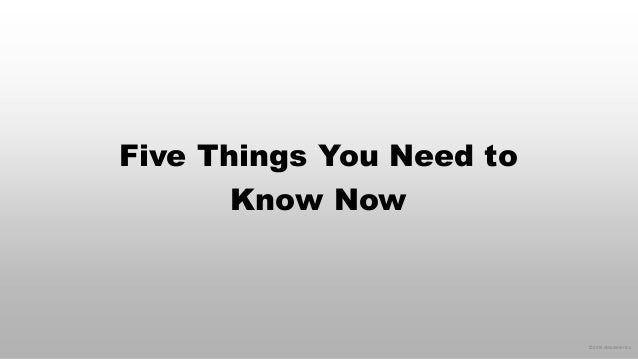Breaking News
Main Menu
Need To Know Now
суббота 25 апреля admin 48
On March 31, 2020, the U.S. Department of the Treasury and the Small Business Administration (SBA) released the application form for businesses to apply for and obtain loans under the Paycheck Protection Program. This program, established under the Coronavirus Aid, Relief, and Economic Security Act (CARES Act), provides $349 billion for small business loans to cover qualified payroll costs, rent, utilities, and interest on mortgage and other debt obligations.
Lumberjack jacques and the ritual of doom 1. To obtain a loan, a qualifying small business should submit an application through an SBA- and Treasury- approved bank, credit union, or nonbank lender.The application and more information for borrowers are available here:.Treasury has indicated that applicants can begin obtaining loans from participating lenders as soon as Friday, April 3, 2020 (for small businesses and sole proprietorships). Independent contractors and self-employed individuals can begin applying April 10. The has a list of current SBA lenders.
Jan 28, 2011 Lady Antebellum - Need You Now (Live) - Duration: 6:16. Lady Antebellum 23,708,689 views.
Other lenders will be available to make loans as soon as they are approved and enrolled in the program. To apply, borrowers must complete the application and submit payroll documentation.Treasury also provided additional guidance about the Paycheck Protection Program, which includes the following information:. All loans will have a maturity of 2 years and an interest rate of 0.5%. Terms will be the same for all borrowers.
The SBA expects high subscription, 75% of the amount forgiven must be used to cover payroll costs. Only 25% of the forgiveness amount may be used for rent, utilities, and interest on mortgage. Eligible loans will be fully forgiven (including interest accruing during the forgiveness period)The CARES Act: What You Need to Know About Emergency Small Business ReliefOn March 25, 2020, the United States Senate passed the Coronavirus Aid, Relief, and Economic Security Act (CARES Act), aimed at providing financial relief to the American people and American businesses in response to the economic fallout from the fast-developing coronavirus (COVID-19) pandemic. The measure provides direct financial aid to American families, payroll and operating expense support for small businesses, and loan assistance for distressed industries. The CARES Act now moves to the House for a vote, where it is expected to be adopted shortly and in substantially the same form.
From there, President Trump is expected to sign the bill into law.One of the core pieces of the CARES Act is the provision of $349 billion for small businesses through federally backed loans under a modified and expanded Small Business Administration (SBA) 7(a) loan guaranty program called the Paycheck Protection Program.
